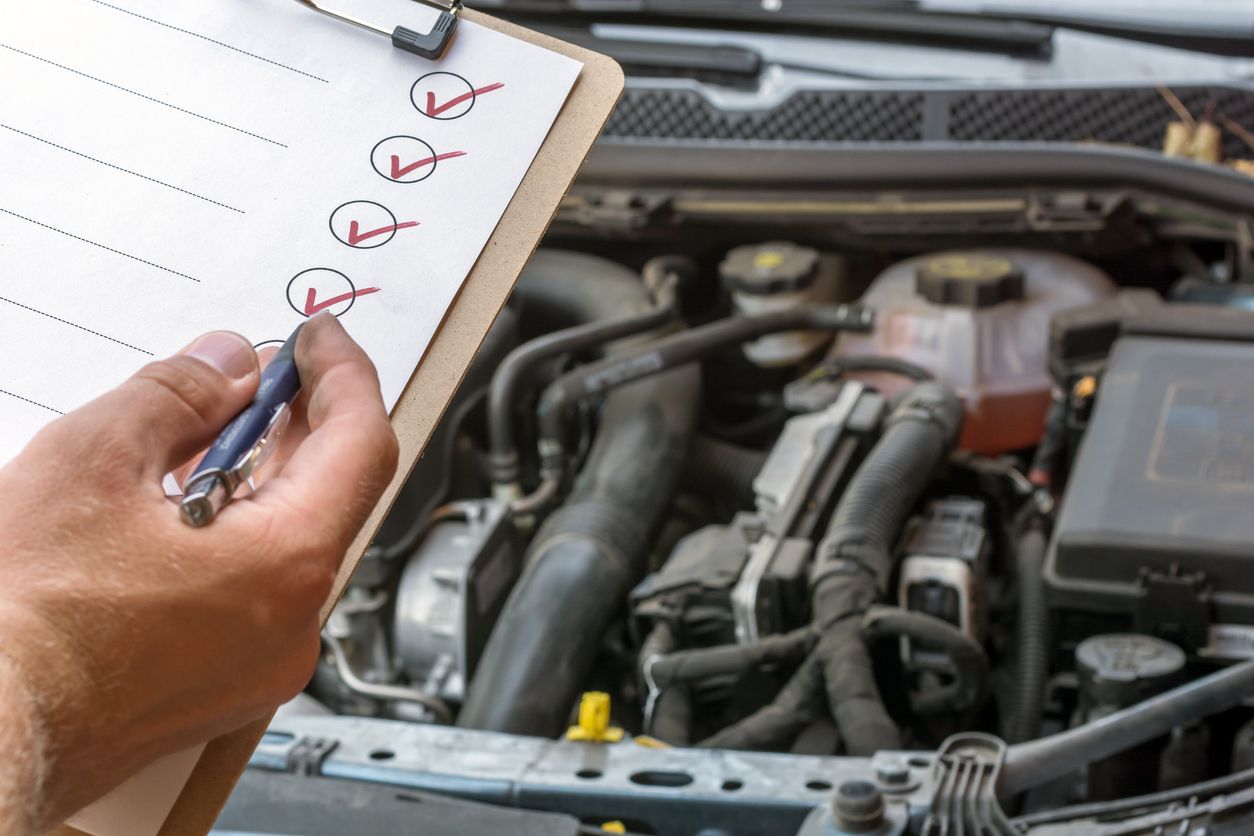All Categories
Featured

Vehicle repair work can quickly end up being an economic problem, particularly when managing significant concerns that need comprehensive work and costly parts. Comprehending the variables that influence the expense of these repairs is essential for automobile proprietors that intend to be planned for the unexpected. From the kind of repair work required to the make of your vehicle, several crucial elements can determine just how much you'll pay for repairs. Right here's a more detailed look at one of the most significant elements:
- Kind of Fixing. The nature of the fixing plays a critical duty in the price. Basic repair services, such as replacing a spark plug or brake pads, are normally less pricey due to the fact that they call for less components and much less labor. On the various other hand, repair services that include intricate systems like the transmission, engine, or electrical systems often tend to be extra costly. These repairs usually need more specialized parts and experience, causing greater labor fees. Additionally, if the repair service involves dismantling numerous parts, the labor prices can increase considerably.
- Make and Version of Your Vehicle. Deluxe and foreign vehicles, such as BMWs, Audis, and Mercedes-Benz, often come with higher repair prices due to their specialized parts and the expertise required to work on them. In contrast, even more typical vehicles like Ford or Toyota typically have much less expensive parts and are easier for technicians to work on, which reduces repair work costs.
- Components Availability and Quality. The cost of the components needed for the repair service is another significant factor. If you need initial devices manufacturer (OEM) components, you can expect to pay even more, as these are created specifically for your vehicle. While OEM parts provide a greater degree of top quality and reliability, they include a costs price. Additionally, aftermarket parts-- those made by third-party suppliers-- are often cheaper, however might not constantly match the top quality or toughness of OEM components. The rarity of parts, specifically for older or specialized lorries, can also increase the price, as discovering ideal replacements can require time and initiative.
- Labor Expenses. These prices vary by area and repair service shop, with city locations generally charging higher prices due to overhead expenses. The complexity of the repair work additionally plays a role; repairs that require even more time or specialized expertise, such as functioning on an engine or electric system, will result in greater labor charges.
- Extent of the Damage. If the damages is comprehensive and calls for several components to be changed or repaired, the price will increase. When major systems like the transmission or engine are affected, the repair work cost can intensify quickly due to the number of parts and the labor included.
- Vehicle Age and Problem. Older cars often tend to need more regular repair services, and as components use out in time, the cost of those fixings can increase. In numerous situations, older automobiles are more prone to concerns with their transmission, engine, or suspension. Additionally, components for older designs may be more difficult to discover, which can raise both the rate and time needed for repair work. If your automobile is still in excellent general problem and well-kept, you might be able to extend its life-span with fewer and much less costly repairs. Automobiles with fewer miles on the odometer might also be less most likely to need pricey repair work in the future.
- Area of the Service Center. The place of the repair work store can also influence the expense of automobile repairs. Labor prices in cities are usually more than in country or much less largely inhabited regions. Additionally, car dealerships frequently charge much more for repairs compared to independent service center, although dealers may make use of OEM parts and use customized service for your make and design. It's always an excellent idea to search and get numerous quotes to discover the ideal price for the fixings you need.
- Insurance Policy and Guarantee Insurance Coverage. If your vehicle is still under service warranty, lots of major repair work may be covered by the manufacturer, which can save you a considerable amount of cash. Sometimes, prolonged service warranties or service plans can assist cover repairs for sure components of the car. In addition, if the repair is an outcome of an accident, your auto insurance coverage plan might cover the expense. Make sure to inspect the regards to your insurance policy or service warranty policy to recognize what repairs are covered and what you may need to pay for out-of-pocket.

Verdict. A number of aspects influence the cost of significant car fixings, consisting of the type of fixing, the make and version of your automobile, the quality of the parts used, and labor charges. Recognizing these aspects can aid you far better plan for fixing costs and make more informed choices when it's time for a significant fix. Regular maintenance, including timely oil adjustments, brake assessments, and tire rotations, can aid reduce the demand for costly fixings down the line. If you deal with a costly repair, it's constantly a good idea to obtain numerous quotes and weigh the advantages of utilizing OEM versus aftermarket components to make the most economical choice.
Latest Posts
Experience Strathmere’s Seaside Haven: Enjoy, Dine, and Unwind at Deauville Inn
Published May 05, 25
2 min read
Relax with Award-Winning Sunsets at Deauville Inn: Your Beachfront Getaway
Published May 05, 25
2 min read
Savor Year-Round Charm at Deauville Inn: From Beachside Bashes to Chilly Season Gatherings
Published May 02, 25
2 min read
More
Latest Posts
Experience Strathmere’s Seaside Haven: Enjoy, Dine, and Unwind at Deauville Inn
Published May 05, 25
2 min read
Relax with Award-Winning Sunsets at Deauville Inn: Your Beachfront Getaway
Published May 05, 25
2 min read
Savor Year-Round Charm at Deauville Inn: From Beachside Bashes to Chilly Season Gatherings
Published May 02, 25
2 min read